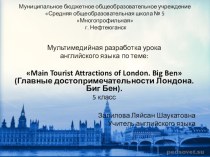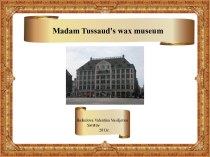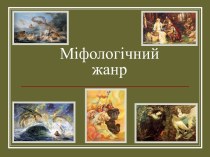- Главная
- Разное
- Бизнес и предпринимательство
- Образование
- Развлечения
- Государство
- Спорт
- Графика
- Культурология
- Еда и кулинария
- Лингвистика
- Религиоведение
- Черчение
- Физкультура
- ИЗО
- Психология
- Социология
- Английский язык
- Астрономия
- Алгебра
- Биология
- География
- Геометрия
- Детские презентации
- Информатика
- История
- Литература
- Маркетинг
- Математика
- Медицина
- Менеджмент
- Музыка
- МХК
- Немецкий язык
- ОБЖ
- Обществознание
- Окружающий мир
- Педагогика
- Русский язык
- Технология
- Физика
- Философия
- Химия
- Шаблоны, картинки для презентаций
- Экология
- Экономика
- Юриспруденция
Что такое findslide.org?
FindSlide.org - это сайт презентаций, докладов, шаблонов в формате PowerPoint.
Обратная связь
Email: Нажмите что бы посмотреть
Презентация на тему Путешествие по стране английских звуков
Содержание
- 2. Location of StonehengeStonehenge is a prehistoric monument
- 3. Plan of Stonehenge 1 = The Altar
- 4. Mysterious origin
- 5. Astronomy and Stonehenge The prehistoric monument of
- 6. Druids TempleThe theory that the Druids were
- 7. Stonehenge as a graveyardThere is a theory
- 8. LegendsMany early historians were influenced by supernatural
- 9. Скачать презентацию
- 10. Похожие презентации
Location of StonehengeStonehenge is a prehistoric monument located in the English county of Wiltshire about 3.2 kilometres west of Amesbury and 13 kilometres north of Salisbury.
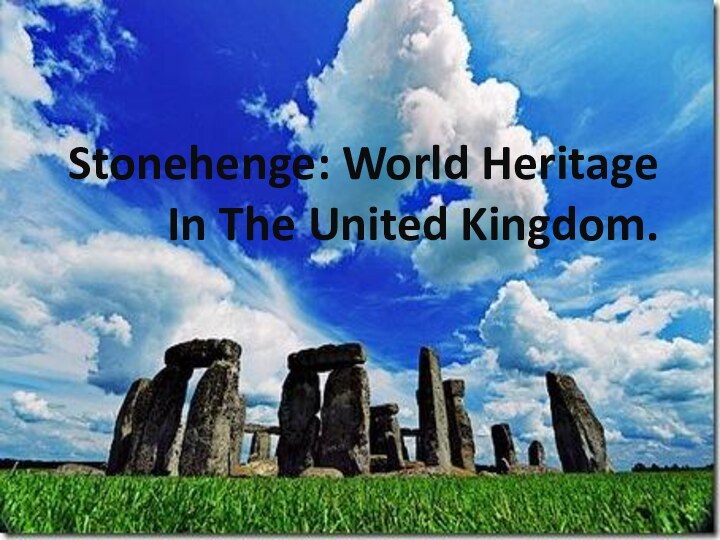

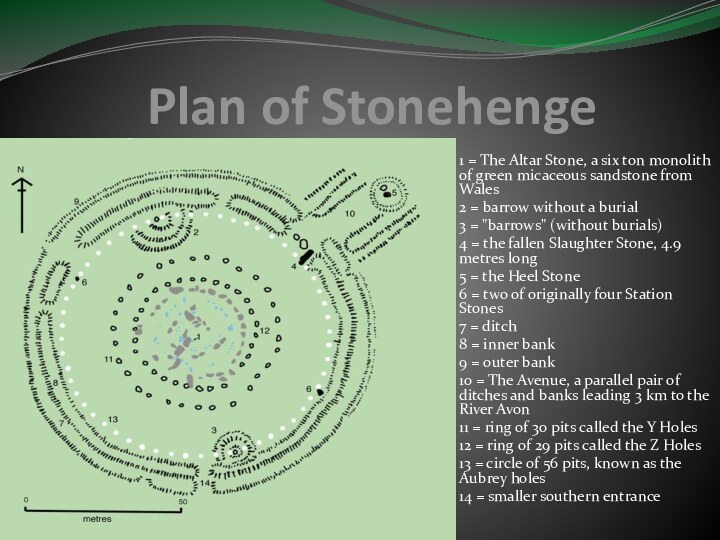
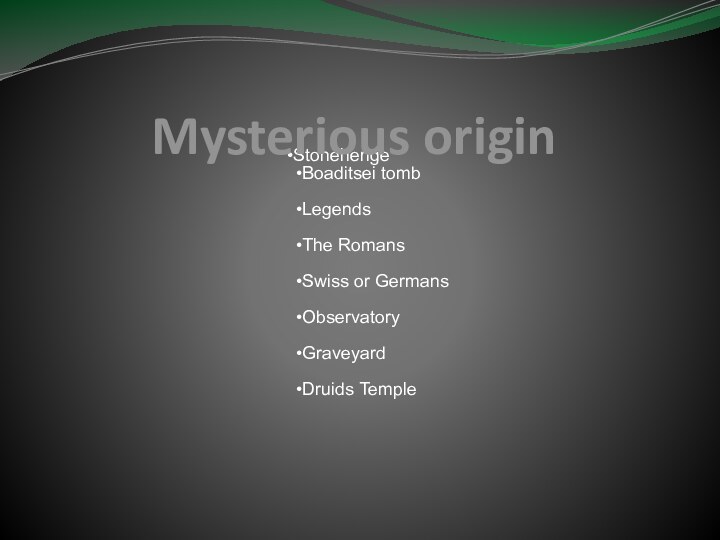
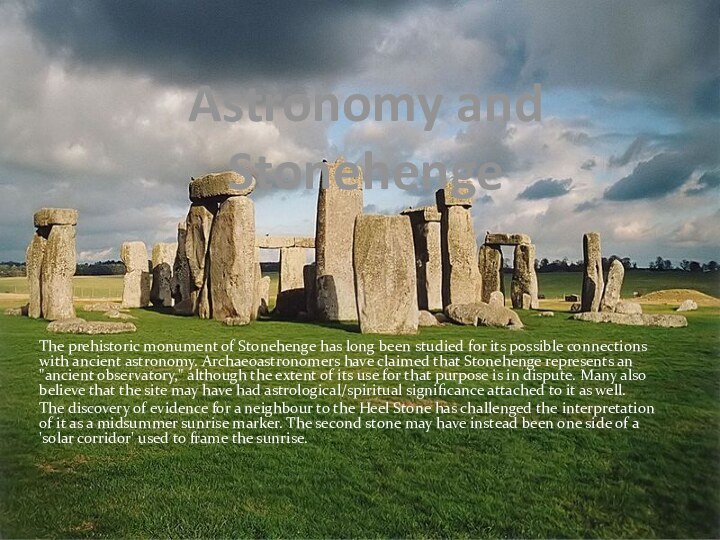

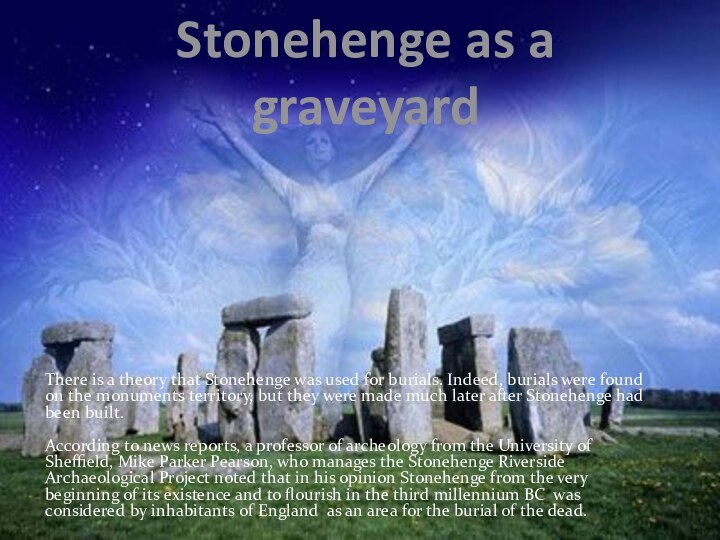
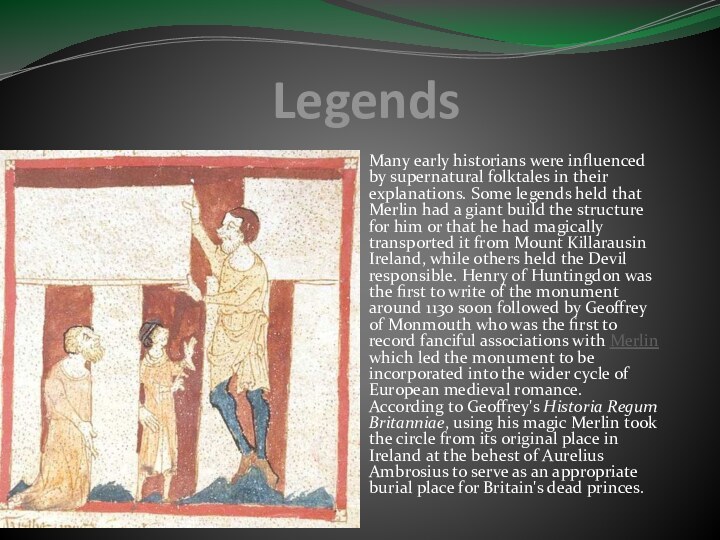
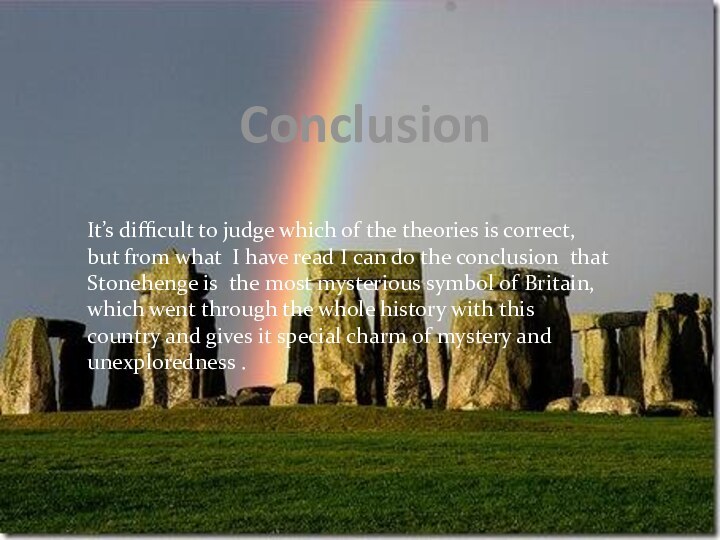
Слайд 3
Plan of Stonehenge
1 = The Altar Stone,
a six ton monolith of green micaceous sandstone from
Wales2 = barrow without a burial
3 = "barrows" (without burials)
4 = the fallen Slaughter Stone, 4.9 metres long
5 = the Heel Stone
6 = two of originally four Station Stones
7 = ditch
8 = inner bank
9 = outer bank
10 = The Avenue, a parallel pair of ditches and banks leading 3 km to the River Avon
11 = ring of 30 pits called the Y Holes
12 = ring of 29 pits called the Z Holes
13 = circle of 56 pits, known as the Aubrey holes
14 = smaller southern entrance
Слайд 5
Astronomy and Stonehenge
The prehistoric monument of Stonehenge has
long been studied for its possible connections with ancient
astronomy. Archaeoastronomers have claimed that Stonehenge represents an "ancient observatory," although the extent of its use for that purpose is in dispute. Many also believe that the site may have had astrological/spiritual significance attached to it as well.The discovery of evidence for a neighbour to the Heel Stone has challenged the interpretation of it as a midsummer sunrise marker. The second stone may have instead been one side of a 'solar corridor' used to frame the sunrise.


